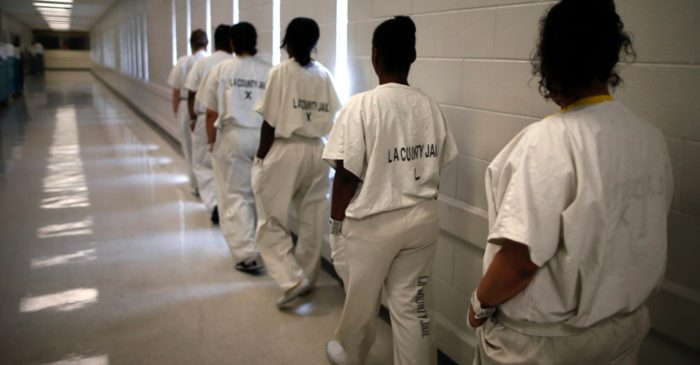
The Board of Supervisors today approved a pilot jobs training program at the county’s women’s jail, aiming to lower recidivism rates.
Supervisor Sheila Kuehl recommended the program, which is expected to serve 200 women at Century Regional Detention Facility over two years.
“Women find that they need to overcome extra barriers because they lack employable skills and may also be the primary caretakers of their children,” Kuehl said. “We can’t expect people to rebuild their lives if they’re not given a fair shot at a steady, good-paying job.”
The two-tiered program will provide basic professional development services to eligible inmates with 30 days or more remaining in their sentence, including soft skills training, resume assistance, professional development and case management.
Eligible women with more than 90 days remaining in custody will have access to industry-specific training and job placement in high-growth sector. The work group designing the program recommended focusing on the culinary industry.
The board directed Chief Executive Officer Sachi Hamai to identify $2 million in funding for the program, which is set to begin by the end of August.
A U.S. Department of Justice study found that women face particularly challenging barriers to employment post-incarceration, particularly if they are a custodial parent. Women are often under- or unemployed, work fewer hours and make less per hour than their male counterparts, and are often stuck in temporary, low-level, or entry-level jobs with little chance for advancement, according to the report.
Unemployment among formerly incarcerated people is highest within the first two years after their release from custody, making employment services critical to helping them integrate back into their community, according to research by the Prison Policy Institute.
Supervisor Mark Ridley-Thomas co-authored the motion.
“From the county’s creation of the Office of Diversion and Reentry to this Friday’s grand opening of the county’s first Reentry Opportunity Center, our efforts are focused on connecting people with jobs, housing and supportive services to help them lead lives of dignity and integrity,” Ridley- Thomas said.






